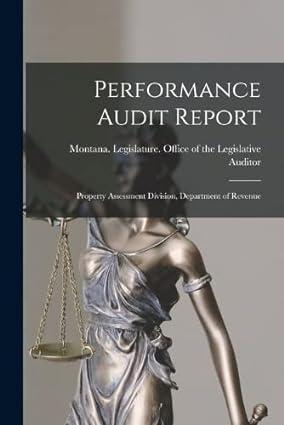Question
54. In the Anglo-American model of Corporate Governance: E) Shareholders elect 50% of the members of a supervisory board and the other half is appointed
54. In the Anglo-American model of Corporate Governance: E) Shareholders elect 50% of the members of a supervisory board and the other half is appointed by labour unions. F) The supervisory board appoints and monitors the management board. G) There is a two-tiered board of directors, appointed by both the audit board and by the shareholders. H) The unitary board of directors is appointed by the shareholders and is responsible for both the appointment and supervision of the managers.
55. The difference between a pledge and a mortgage is that: E) The mortgage is considered to be a floating charge, while the pledge is a fixed charge. F) The pledge is created over moveable assets (including moveable property subject to public registration) and the mortgage is constituted over immovable assets. G) The mortgage is constituted over moveable property subject to public registration and immoveable assets and the pledge is constituted over moveable assets. H) There are two types of pledges: with prior excussion and without prior excussion.
56. Andrew, Jessica, Paul, Marie and Rita want to incorporate a limited liability company to provide safaris to tourists visiting Lapland. While drafting the bylaws, Andrew, Jessica, Paul and Rita made several suggestions regarding what should be included in the bylaws. If you were Marie, which of the following suggestions you could not accept as it would most likely lead to a violation of the law: E) Rita suggested a name to the company - ARTIC SAFARIS , and said that it should be included in the bylaws but that she would not mind if it is not included in the first paragraph of bylaws. F) Paul suggested that the bylaws included the name, the registered address, the purpose of the company (including the types and timetable of the safaris that will be provided to the public), the share capital, types of shares, governing bodies and the demand for supplementary capital contributions. G) Jessica agreed with Paul but suggested that, for tax imperatives, the purpose of the company should be to manage hotels. H) Andrew agreed with Paul but suggested that the company will need to hire employees and, therefore, the maximum number of employees to hire shall be stated in the bylaws.
57. Cosmic Cars, LLC, has a registered capital of 5.000.000 where each share is of 10. In response to the advertisements made by the company to buy shares in the company, applications have been received for 1.500.000 shares, but the company actually issued 1.000.000 shares and called for 7 per share. All the calls have been met in full except two shareholders who still owe for their 8.000 shares in total. Choose the correct answer:
E) The authorized capital is of 5.000.000 and the issued capital is of 7.000.000. F) The subscribed capital is of 15.000.000 and the paid-up capital is of 6.920.000. G) The called-up capital if of 7.000.000 and the paid-up capital is of 6.944.000. H) The issued capital is of 10.000.000 and the called-up capital is of 6.944.000.
58. Accessory contributions: E) Have to be paid in cash. F) Are mandatory and, in that sense, a shareholder might be excluded from the company in case of non-payment. G) Have to be established in the bylaws of the company. H) Provides those who pay them with more voting rights.
59. The holder of a non-participating preference share: E) Will be paid with preference to other shareholders but shall not have the right to vote in general meetings. F) Does not enjoy the right to participate with the other shareholders in the remaining dividend, after having been paid his fixed percentage. G) Is paid before any ordinary shareholder, but is not allowed to participate in the decision to distribute dividends. H) Is entitled to a variable rate of dividends, established in the bylaws of the company.
60. Bonds differ from loans because: A) Bonds are highly tradeable in the market. B) Bonds are an instrument of debt financing whilst loans are and instrument of equity finance. C) Interest rates charged on bonds are usually higher that those established for loans. D) Bonds do not have an interest rate whilst loans do.
Step by Step Solution
There are 3 Steps involved in it
Step: 1

Get Instant Access to Expert-Tailored Solutions
See step-by-step solutions with expert insights and AI powered tools for academic success
Step: 2

Step: 3

Ace Your Homework with AI
Get the answers you need in no time with our AI-driven, step-by-step assistance
Get Started


